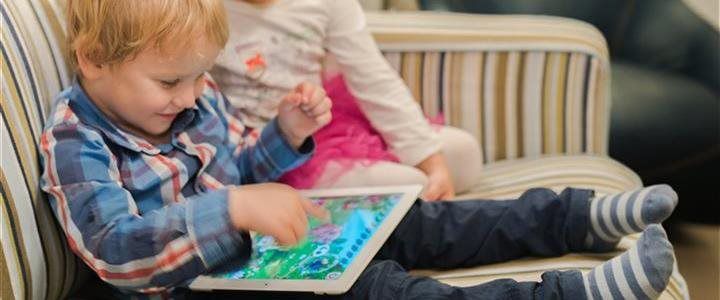
(BPT) – When you think back to your own kindergarten experience, it probably involved a half-day program and plenty of fun activities — finger painting, sand play and nap time. Likely the hardest parts were learning the alphabet and counting to 100.
Fast forward to today. While kindergarten still offers a fun learning environment, it’s certainly more focused on academic achievement. Kindergartners often know the alphabet and have solid counting skills prior to the first day of school. If students aren’t reading at the beginning of the school year, they’re certainly expected to be doing so by the end.
“Kindergarten is the new first grade” isn’t just an anecdote, it’s a fact. New research from the University of Virginia compares kindergarten and first-grade classrooms between 1998 and 2010, finding that kindergarten classes have become increasingly like first grade, with more time spent on academic instruction and, ultimately, higher educational expectations.
Each year an estimated 4 million children enter kindergarten. To help pre-K kids improve core learning skills and get them excited about school, it’s important to find fun, age-appropriate ways to help them learn. Consider these expert ideas for preparing kids ages 3–6 for kindergarten.
Educational apps
Children today have a natural knack for technology. While it’s important to monitor and balance screen time, the right technology can help educate kids. Preschool Academy by IntellectoKids is an ideal example. With over 50 educational activities in one app, kids will learn the alphabet and develop important skills like counting, sorting, logic and critical thinking — the foundations for math and reading. Best yet, the learning is rooted in amusing animated puzzles about musical instruments, fun train adventures or whimsical letter/number games.
This educational app allows parents to customize for multiple children and select between three levels, increasing in difficulty as they play and learn. Like Preschool Academy, the best learning games are constantly adding fresh new learning activities and are always free of ads or hidden in-app purchases.
Fine motor skills
Fine motor skills, also known as dexterity, involve the coordination and control of muscles to create small movements. This usually requires hand-eye coordination as well. Being prepared for kindergarten means having a basic ability to complete fine motor actions like holding a pencil correctly, tying shoes and sorting small objects.
One of the easiest ways to support your child’s fine motor development is by providing lots of opportunities to color and write. Make crayons and paper readily available and let kids’ imaginations take off. As they try to draw a bird, write a story or create patterns, they are really preparing themselves for the classroom.
Reading and conversation
Language is a heavy focus throughout the kindergarten curriculum. One way to prepare your child is to make reading a daily activity, including classics like “Chicka Chicka Boom Boom,” “Harold & the Purple Crayon” or “Don’t Let the Pigeon Drive the Bus.” Fostering a love of books can set the stage for learning important reading skills. Visit your local library, stock your bookshelf and download digital books.
Additionally, make time for genuine conversation with your child. Both reading and speaking help children expand their knowledge of the English language. They’ll also learn important social skills, and you’ll also find yourself developing a deeper bond with your little one.
Preschool
Want kids to be prepared for kindergarten? Enroll in preschool a few days a week. This experience gives children the perfect foundation to prepare them for their educational journey. Preschools provide introductory education in writing and math, but it’s a lot of fun, too. Students have plenty of time to play and learn about the world around them.
What’s more, kids learn proper social etiquette and how to follow classroom rules. Being able to sit still, listen to the teacher, raise a hand to ask a question and interact respectably among peers are all important skills that kids will need in order to thrive in an academic environment. If preschool isn’t possible, consider joining a playgroup or visiting the library for story time, and encourage social interaction with new kids at the playground.
Knowing that kindergarten is more challenging than ever, smart parents are taking charge by introducing age-appropriate educational activities now. From smart apps like IntellectoKids Preschool Academy to reading every day, you’re helping build the brain power that leads to success in kindergarten and beyond.






